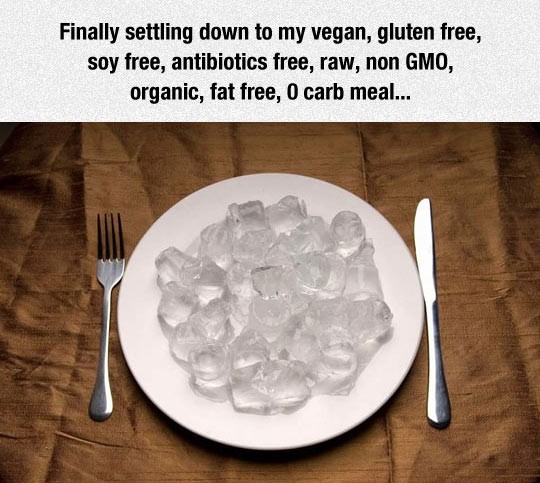
To say I have always had a complicated relationship with food would be an understatement. Me and food have been in a volatile, long-term relationship since I can remember, while various phases of my life have come and gone, good old food has been my ever loyal companion. It has certainly not been a relationship lacking in passion, it has destroyed me and then it has helped to heal me – we have both hated and loved one another, sometimes to dangerous extremes and often at the same time. It’s been rocky, but food has never given up on me.
There’s nothing quite like being diagnosed with a chronic illness to make you re-evaluate some stuff and for me, a huge part of this stuff was my diet. While there is little scientific evidence to show that diet has any direct impact on the disease, there is no question that food affects the symptoms. The problem is that these are different for every sufferer, for every individual it is a case of trial and error and painstaking food diaries until you eventually figure out what works for you – and even then this is subject to change. So my life became centred around food once again, only this time for entirely different reasons. After years of counting calories, shunning food groups and dreading meal times, now all I wanted was to be able to eat a what I considered to be a ‘normal’ meal. It’s kind of ironic really – in that cruel way life likes to laugh at you from time to time – eating was literally making me ill.
Knowing as you do by now my affiliation with food, it won’t surprise you that when I heard about a food intolerance test a local health food shop was offering, you couldn’t sign me up fast enough. Admittedly, people are sceptical of such things and rightly so, I’m not entirely sure how it works myself, although I’m led to believe it has something to do with the pulse. These tests aren’t cheap (decent ones, anyway) and they’re not as reliable as a medical diagnosis, but they don’t pretend to be either. They are aimed at people who suffer from a range of medical conditions, from IBS to Eczema and are there to help you figure out if what you’re eating is worsening your symptoms or making you ill. Although my nurse may be inclined to disagree, food does have an impact on the body – it can improve symptoms just as it can worsen them – sure a gluten-free diet may not be as affective as a heavy course of steroids but looking to the long-term it’s a more realistic approach (plus, its side-effects don’t include leaving you looking like you’ve shoved too many Maltesers in your cheeks.)
I left the test feeling fantastic, brimming with information and advice – given to me by a very helpful dietician – about how to manage my illness, what supplements I should be taking and the actual effect that food could have if I played by the rules. It was the best decision I ever made, until I sat down, studied my results properly and realised that I could no longer eat anything. When I say anything, I mean gluten, dairy and sugar, which to someone who loves bread, pasta and cheese as much as I do, is basically everything. As well as the main culprits, it also turns out I am “sensitive” – the correct non-medical term, as they are not diagnosed allergies – to sweet potatoes, mushrooms, beef, grapes and strawberries to name just a few.
A few weeks down the line, I wish I could say I have embraced this new lifestyle with open arms and now exist on a completely free-from diet filled with plants and beans, but I am only human. It’s tough and it’s a work-in-progress that I will no doubt share with you if you care enough to follow. However, whilst I regularly rue the day I ever took the food intolerance test – particularly as the boyfriend devours his double cheeseburger with sweet potato fries – it was certainly an eye-opener. As mere human beings food is a huge part of our lives but we really have no idea what we are putting into our bodies or what the hell is going on inside there. More and more people are announcing their intolerances and cutting out certain foods, even if their reasoning is as simple as it makes them feel better, we’re starting to realise that food isn’t just fuel, it is medicine.
In an ideal world, I would have everyone take a food intolerance test, but then in an ideal world I would be able to eat pasta for every meal without consequence. I believe we could all benefit from knowing if what we eat is making us ill. In the meantime, my love-hate saga with food continues, but the relationship is blossoming – I’ve purchased recipe books and even started to bake. I’m slowly learning to love the food that loves me back, it’s not easy but I’m in it for the long-haul this time.











 <
<